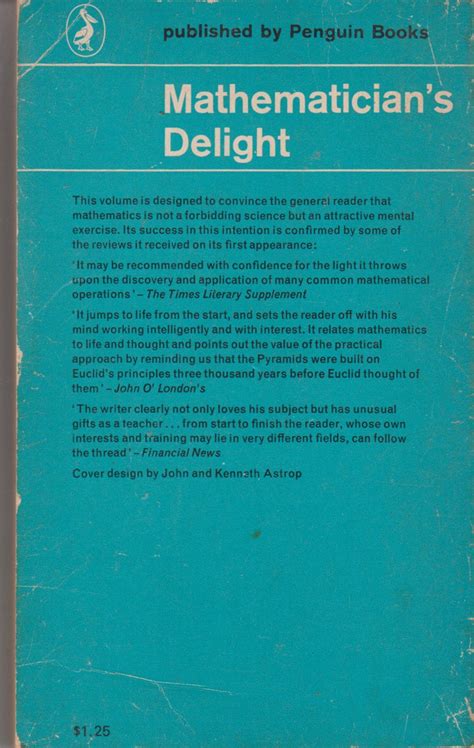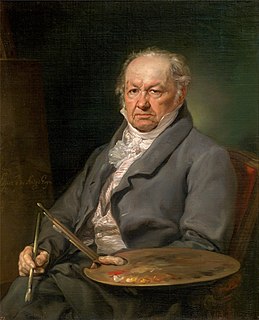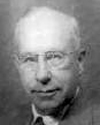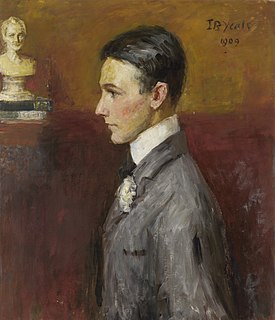A Quote by Marcus Aurelius
Aptitude found in the understanding and is often inherited. Genius coming from reason and imagination, rarely.
Quote Topics
Related Quotes
I have often been surprised that Mathematics, the quintessence of Truth, should have found admirers so few and so languid. Frequent consideration and minute scrutiny have at length unravelled the cause: viz . that though Reason is feasted, Imagination is starved; whilst Reason is luxuriating in its proper Paradise, Imagination is wearily travelling on a dreary desert.
When we find ourselves unable to reason (as one often does when presented with, say, a problem in algebra) it is because our imagination is not touched. One can begin to reason only when a clear picture has been formed in the imagination. Bad teaching is teaching which presents an endless procession of meaningless signs, words and rules, and fails to arouse the imagination.
A man of genius is not a man who sees more than other men do. On the contrary, it is very often found that he is absentminded andobserves much less than other people.... Why is it that the public have such an exaggerated respect for him--after he is dead? The reason is that the man of genius understands the importance of the few things he sees.
Theories of genius are the peculiar constructions of our own philosophical times; ages of genius had passed away, and they left no other record than their works; no preconcerted theory described the workings of the imagination to be without imagination, nor did they venture to teach how to invent invention.
To me this world is all one continued vision of fancy or imagination, and I feel flattered when I am told so. What is it sets Homer, Virgil and Milton in so high a rank of art? Why is the Bible more entertaining and instructive than any other book? Is it not because they are addressed to the imagination, which is spiritual sensation, and but immediately to the understanding or reason?








































